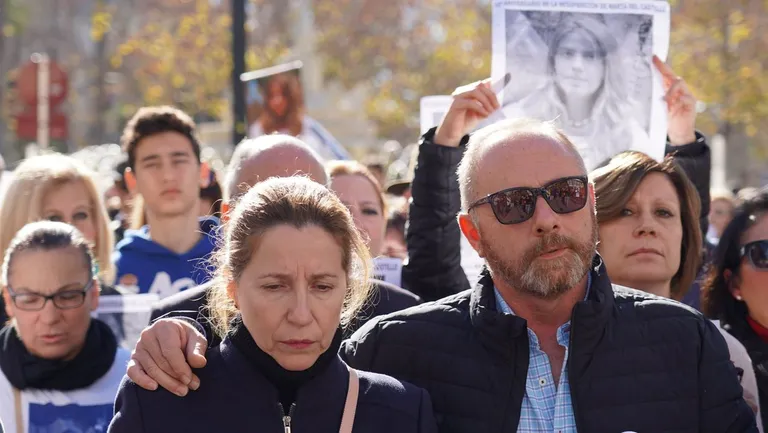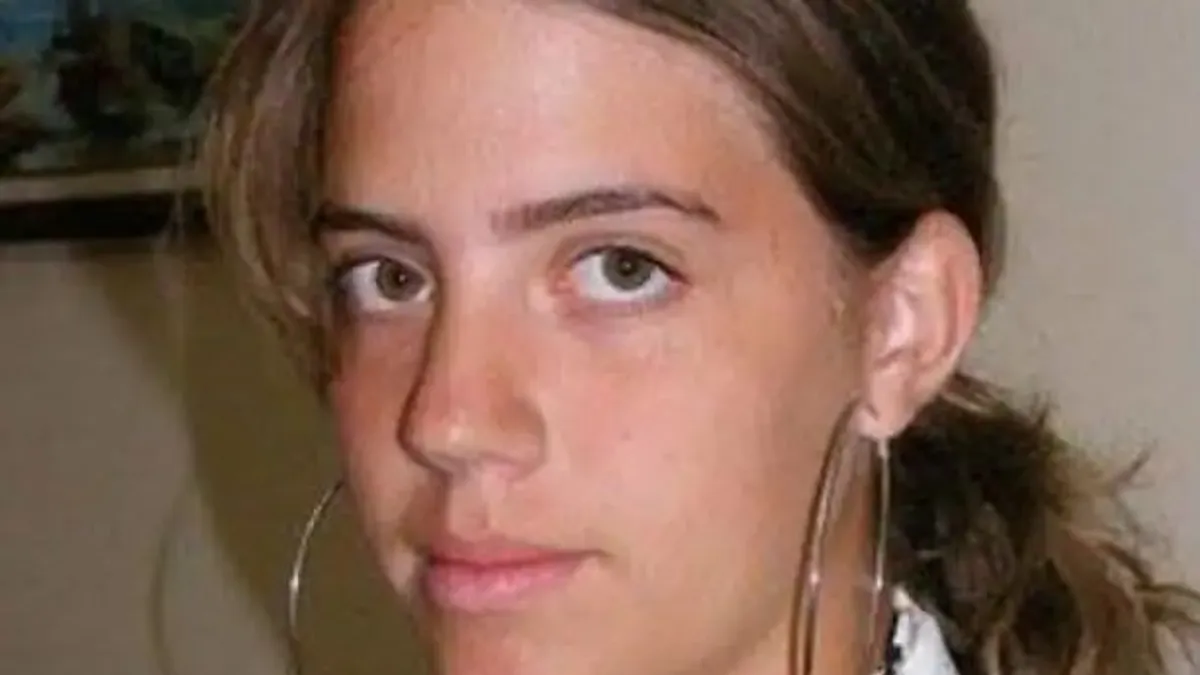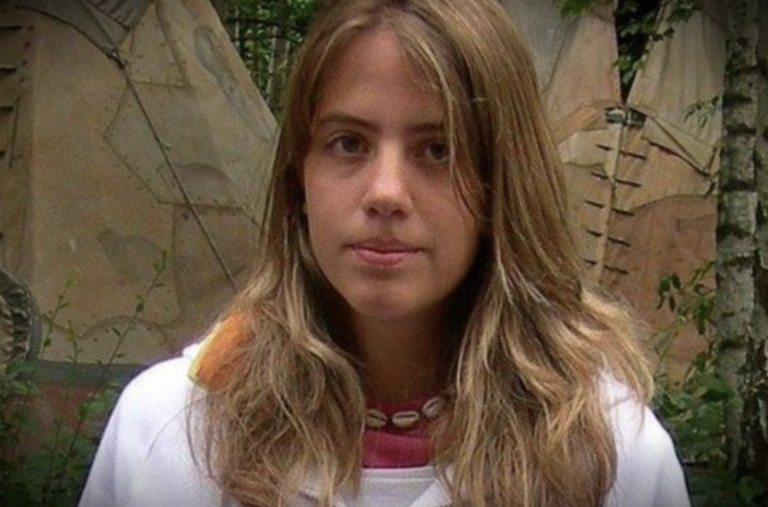Fuente: 5Telecinco
It has been fifteen long years since the disappearance of Marta del Castillo, a case that has continuously gripped the nation of Spain with its twists and unresolved sorrow. The young woman from Seville was just 17 when she vanished, her life cut tragically short in an event that has remained one of the country’s most haunting mysteries. As the years have passed, her family’s quest for closure has been linked inexorably to the mobile phone of Miguel Carcaño, her convicted killer, which still holds the potential to uncover her final resting place.
The Night of Disappearance
Marta disappeared on the evening of January 24, 2009, after supposedly spending time at the apartment of Miguel Carcaño. What transpired that night led to one of the most complex murder investigations in Spanish history. Carcaño, then 19, was eventually convicted for her murder and sentenced to 21 years in prison, although he will be eligible for release in 2030. Despite his conviction, the exact location of Marta’s body remains a mystery, complicating the grief process for her loved ones and captivating a nation’s attention.

The Role of Mobile Data
Over the years, various efforts have been made to extract conclusive evidence from Carcaño’s mobile phone. The latest analysis, marking 15 years since the murder, was seen as a final strand of hope for breakthroughs. Forensic experts pored over the digital remnants, identifying potential new locations linked to Carcaño’s movements on the night of the murder. Yet, no concrete data emerged to pinpoint the whereabouts of Marta’s remains. The absence of new findings from this crucial piece of technology has served as a harsh reminder of the ongoing struggle for answers.
Legal and public reactions
The case has not only been a legal battle but also a public cause, witnessing widespread media coverage and public demonstrations. Marta’s family has tirelessly advocated for further investigation, pushing for the analysis of mobile data to extend to other suspects’ phones. However, judicial decisions have so far limited the scope strictly to Carcaño’s device, citing legal precedents and the rights of other individuals previously acquitted or judged.
Technological and Investigative Challenges
The difficulties in extracting useful information from Carcaño’s phone highlight significant challenges in forensic technology, especially with data recovery from devices used over a decade ago. The technological limitations, combined with legal complexities, have frustrated efforts to give the family the closure they desperately seek.
Community and National Impact
Marta’s disappearance has had a profound impact on her community and the nation at large. It has sparked debates about the effectiveness of the Spanish criminal justice system, particularly in handling cases involving missing persons and the use of technology in forensic investigations. Public vigils and protests have repeatedly called attention to the case, reflecting widespread empathy and support for Marta’s family.

The road ahead
As the possibility of Carcaño’s early release looms, the urgency to locate Marta’s remains becomes ever more pressing. Each passing year, without resolution, deepens the wound for her family and the community. The focus remains on technological advancements and legal avenues that may eventually lead to discovering Marta’s whereabouts, providing the necessary closure to a chapter marked by pain and perseverance.

The story of Marta del Castillo is a poignant reminder of the limits of justice and technology, intertwined with a family’s unyielding hope. It exemplifies the enduring struggle of those left behind, seeking answers in a digital age where not all data yields truth. Fifteen years on, the search for Marta continues, a testament to the resilience of her family and society’s commitment to righting a profound wrong.
































+ There are no comments
Add yours